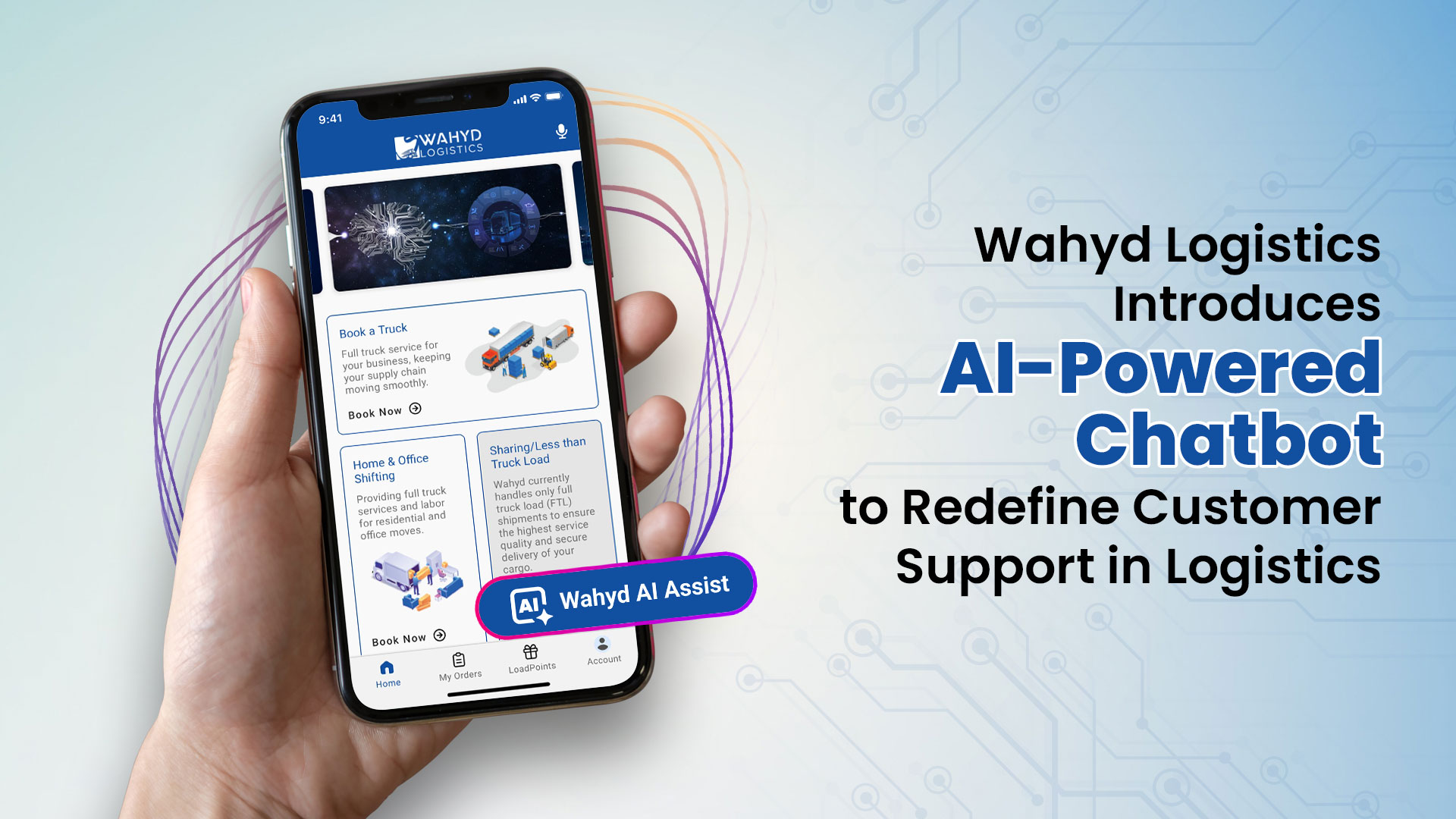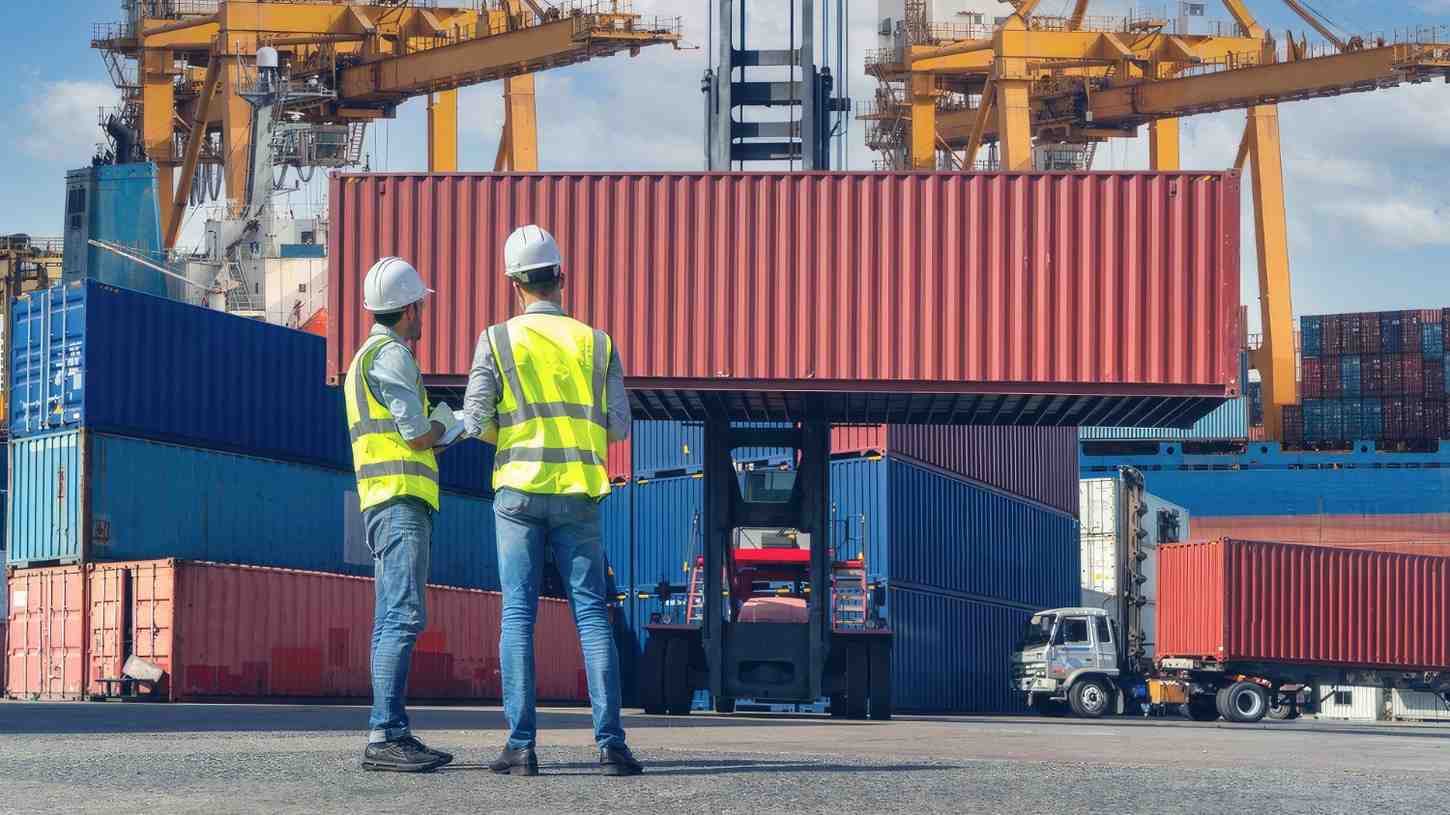
In today’s rapidly evolving global and digital marketplace, businesses are increasingly seeking logistics solutions that transcend traditional operational roles, evolving into a fundamental component of their organizational structure.
This shift is particularly pronounced in the Gulf Cooperation Council (GCC) and United Arab Emirates (UAE) markets, where the integration of logistics functions is not just a trend but a necessity for sustaining competitiveness and meeting the dynamic demands of the market.
The concept of integrated logistics stands at the forefront of this transformation, offering a holistic approach to managing the complex web of commerce that fuels business growth and efficiency.
The Role of Integrated Logistics in Modern Business
Defining Integrated Logistics
Integrated logistics is the orchestration of resources, information, and operations across the entire supply chain, from the procurement of materials to the delivery of finished products to the end consumer. This approach ensures that all components of the supply chain are aligned and functioning cohesively, optimizing efficiency and responsiveness. By breaking down silos and encouraging collaboration among different departments, integrated logistics facilitates a seamless flow of goods and information, enabling businesses to meet customer demands with agility and precision.
Integrated Logistics as a Business Backbone
At its core, integrated logistics functions as the backbone of a business, supporting various functions such as supply chain management, procurement, customer fulfillment, and returns. It allows for the anticipation of consumer needs, efficient management of resources, and streamlined delivery processes. The digital age has underscored the importance of adopting models that optimize processes, reduce costs, and enhance adaptability to market trends and shifts, making integrated logistics a cornerstone of modern business strategy.
Advantages of Integrated Logistics for Businesses in the GCC and UAE
Enhanced Efficiency and Coordination
For businesses in the GCC and UAE, integrated logistics offers unparalleled coordination and efficiency, connecting disparate applications and fostering collaboration within the enterprise. This centralization provides a comprehensive view of operations, significantly reducing costs, waste, production timelines, and response times.
Meeting Market Demands with Agility
The agility afforded by integrated logistics enables businesses to move beyond operating in silos, allowing for an uninterrupted flow of data across departments. This ensures that all parts of the organization are informed and can make decisions that align with market demands and consumer needs, fostering operational agility and informed decision-making.
Implementing Integrated Logistics Solutions
Key Strategies for Success
To successfully adopt and implement integrated logistics solutions in the GCC and UAE, businesses should begin with a thorough evaluation of their current supply chain logistics, select appropriate hardware and software that align with their specific needs, and invest in comprehensive team training on the new integration model.
Overcoming Challenges
Adopting integrated logistics comes with its set of challenges, including resistance to change, the complexity of integration, and the need for ongoing management and optimization. However, with the right strategies and a commitment to training and adaptation, businesses can overcome these obstacles and reap the benefits of a more efficient, agile, and responsive supply chain.
The Future of Integrated Logistics in the GCC and UAE
Trends and Predictions
The future of integrated logistics in the GCC and UAE is poised for significant growth, with trends indicating a move towards greater digitalization, sustainability, and customer-centric supply chain models. As businesses continue to recognize the strategic importance of integrated logistics, we can expect to see continued investment in technologies and practices that enhance efficiency, reduce environmental impact, and meet the evolving needs of the market.
Conclusion
Integrated logistics represents a strategic imperative for businesses aiming to thrive in the dynamic GCC and UAE markets. By enhancing efficiency, fostering agility, and supporting a seamless flow of goods and information, integrated logistics serves as the foundation for modern business success. As we look to the future, the continued evolution and implementation of integrated logistics solutions will undoubtedly play a critical role in shaping the region’s economic landscape, driving growth, and innovation across industries.
Frequently Asked Questions
Integrated logistics has been instrumental for many companies in enhancing efficiency, reducing costs, and improving customer satisfaction. However, specific case studies were not mentioned in the provided content, so looking into industry reports and logistics platforms could provide real-world examples.
Regarding environmental impacts, integrated logistics can significantly contribute to sustainability by optimizing routes, reducing fuel consumption, and lowering emissions. It promotes more efficient use of resources and encourages the adoption of eco-friendly practices across the supply chain, although detailed environmental impact data was not provided in the article.






